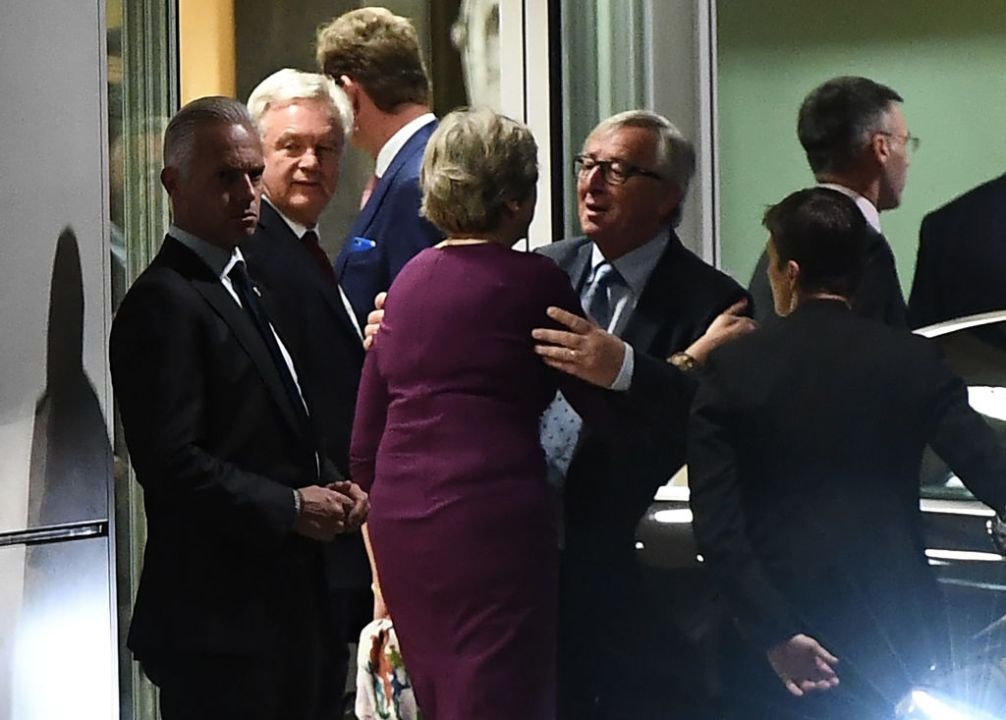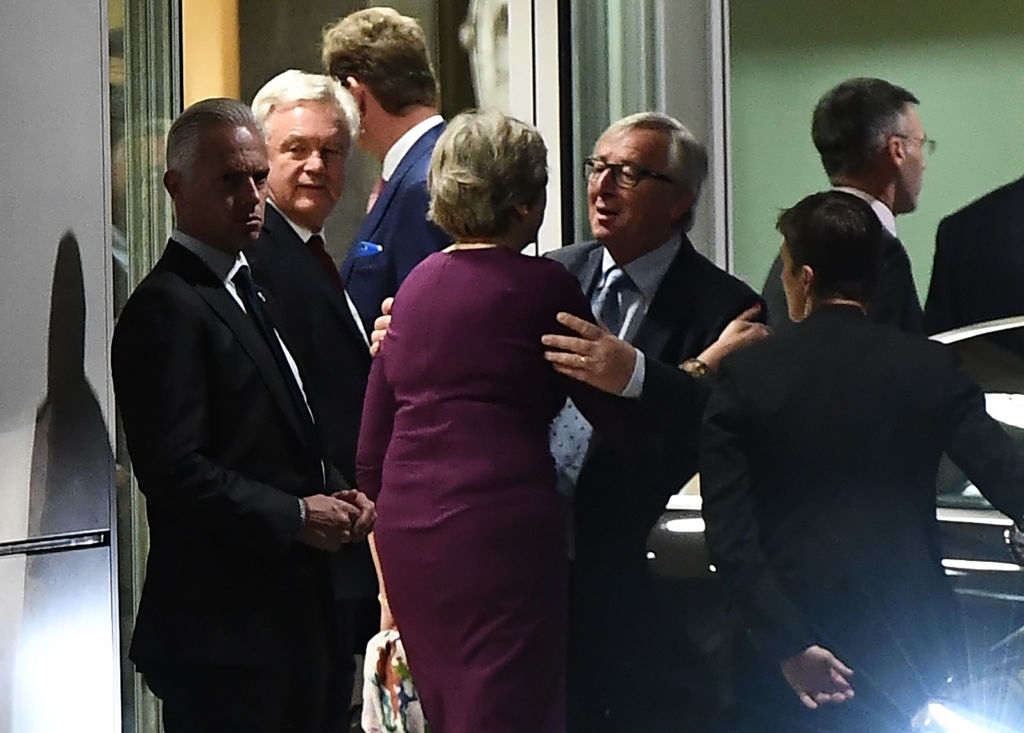Theresa May is under pressure from the European Union to spell out more details on what Britain will pay as part of its Brexit divorce bill. The PM has said the UK will honour its commitments – but the EU wants more meat on the bones about what this actually means. So far, the Prime Minister has refused to spell this out – and she’s right not to, says the Sun. The paper describes May’s Florence speech as ‘open and generous’ and says it is ‘absurd’ for the EU to demand even greater clarity. After all, ‘we cannot possibly offer billions..without knowing what, if any, deal Brussels will agree in return’, says the Sun. It’s true that no one – including the Government – wants to walk away with no deal come March 2019. ‘But France and Germany will be choosing that (outcome) for both us and them’ if they continue to play ‘hardball’, concludes the Sun.
The Times reveals today that new peers could have a 15-year time limit in order to keep a cap on the number of those sitting in the Lords. This is the ‘wrong remedy’, says the paper, suggesting instead that introducing ‘age limits’ would be a sounder move. Whatever happens, something needs to be done, says the Times. It’s true that the Commons can, at times, be something of an ‘unwieldy institution’. ‘Yet at least the Commons has a fixed number’, with the Lords having swelled in size in recent years to around 800. ‘The House of Lords is a bloated institution’, says the Times. And a ‘viable method of keeping numbers down’ must be found.
Meanwhile, the FT says that, across the Atlantic, Donald Trump’s shake-up of Nafta seems an attempt only to push the pact ’to the brink of collapse’. Trump’s ‘suggestions are so radical as to be unworkable’, says the paper and appear designed to pin the blame on Mexico and Canada by demanding other countries ‘accept the unacceptable’. It’s true that Trump’s plans might not, at least initially, sound ‘apocalyptic’. The President wants to ensure that Nafta is approved ‘every five years’. He also ‘wants to weaken dispute settlement under the agreement to prevent rulings being binding on the US’. But ‘in practice,’, says the FT, ‘these provisions would be highly destructive’, and the watering down of protections for other countries signed up to the agreement would ‘give Washington a freer hand to block imports as it saw fit.’. It seems that Trump is determined to push ‘disruptive strategies’ in order to point the finger elsewhere when things break down – a tactic, the FT suggests, the president is also using in the nuclear deal with Iran. Those with the clout to do so ‘should keep up the pressure on Mr Trump to moderate his demands’, says the paper. And ‘for the sake of economic and political stability in North America’, Trump must be convinced ‘to see reason and keep the bulk of the agreement intact’, concludes the FT.








Comments